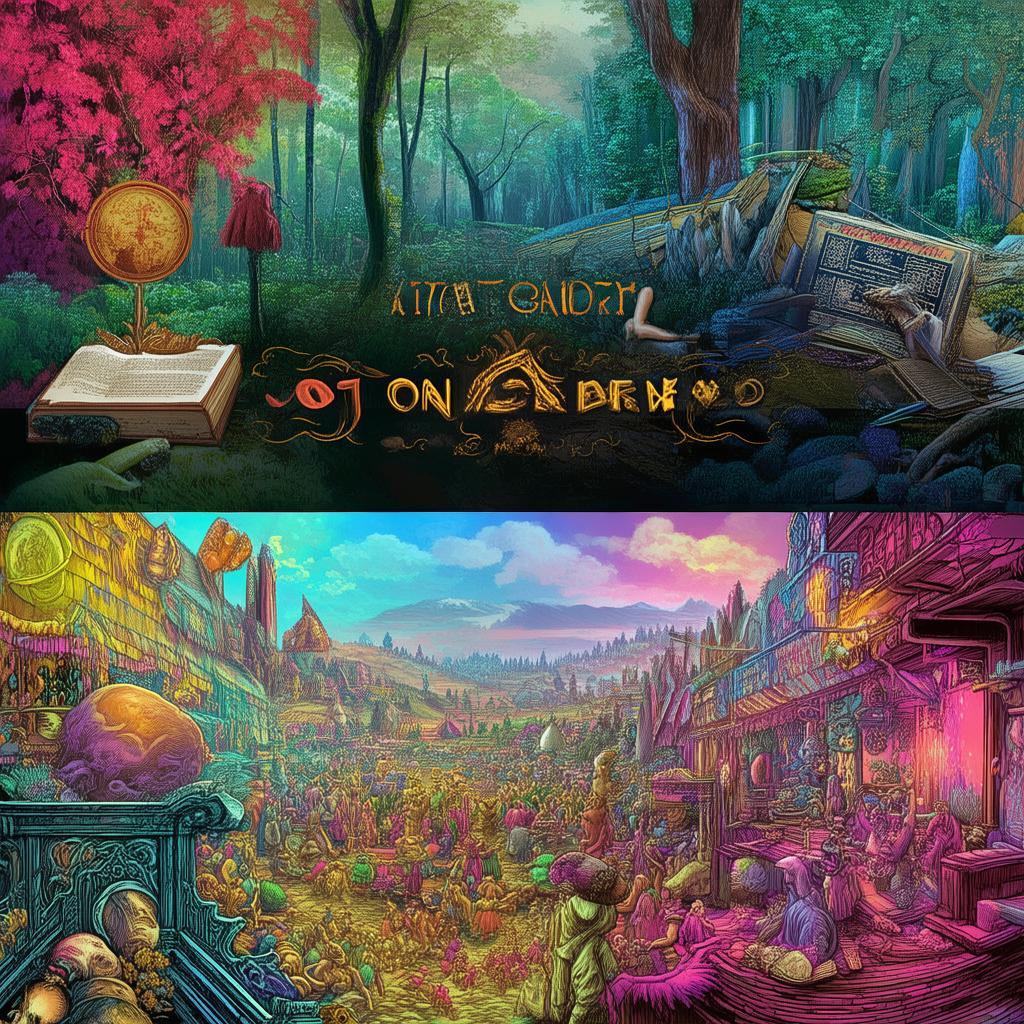The Sound of Helen: A Blindfolded Memoir
The air was thick with anticipation as the door creaked open. Helen's heart raced, not from fear, but from the thrill of the unknown. She had been blindfolded for weeks, a voluntary act of self-imposed isolation that had become her sanctuary. The blindfold was a barrier, a shield against the world's harsh realities, yet it was also a window to the infinite possibilities of her senses.
"Hello, Helen," a voice called out, soft and familiar. It was her therapist, Dr. Chen, who had been guiding her through this journey of self-discovery. "Are you ready to begin?"
Helen nodded, her voice barely a whisper. She had been working on her memoir, a collection of stories and reflections that she had been writing with the help of her therapist. The blindfold was a crucial part of the process, allowing her to rely solely on her other senses to capture the essence of her experiences.
The first chapter of her memoir began with a simple question: "What does the world sound like when you can't see it?" The answer was as complex as it was beautiful. The hum of the refrigerator, the rustle of pages turning, the distant laughter of children playing—these were the sounds that painted the world for her.
In the story of her childhood, Helen described the sound of her mother's laughter, a melody that she had come to associate with love and safety. "It was a sound that could chase away the darkest fears," she wrote. "Even now, when I close my eyes, I can still hear it."
As she grew older, Helen's world expanded beyond the confines of her home. She learned to navigate the streets, to distinguish between the sounds of a car engine and the honking of a bicycle bell. The city became a symphony of life, each note contributing to the harmony of her existence.
One of the most poignant chapters in her memoir was about the loss of her sight. "The day I lost my sight was the day I truly began to see," she wrote. The transition was not easy, but it was through her newfound reliance on her other senses that she discovered a world she had never known before.
Helen's memoir was not just a collection of stories; it was a testament to the resilience of the human spirit. She spoke of the challenges she faced, the moments of doubt, and the triumphs that came from embracing her new reality. "I learned that the world is not just what you see, but what you feel, hear, and touch," she wrote.
One of the most powerful chapters was about her relationship with her husband, a man who had fallen in love with her before she could see him. "The first time I heard his voice, I knew he was the one," she wrote. "It was a sound that made my heart soar, even though I couldn't see his face."
The story of their marriage was one of love and understanding, built on the foundation of mutual respect and the shared experience of navigating life with limited vision. "We learned to communicate in ways that went beyond words," she wrote. "We learned to listen to each other, to hear the unspoken."
As Helen continued to write, she began to share her stories with others. She spoke at conferences, participated in discussions, and even wrote a book about her experiences. The response was overwhelming, as people from all walks of life found solace in her words.

One of the most profound aspects of her memoir was the way she described the sounds of nature. "The rustling leaves, the chirping of crickets, the gentle lapping of waves against the shore—these are the sounds that remind me of the beauty of the world," she wrote. "They are the sounds that keep me grounded, that remind me that life is worth living."
Helen's memoir was not just a guide for those who were visually impaired; it was a guide for everyone. It was a reminder that the world is full of wonders, and that we can all learn to see, hear, and feel the beauty that surrounds us, even if we cannot see with our eyes.
As the final chapter of her memoir came to a close, Helen reflected on her journey. "I have learned that life is a gift, and that we all have the power to make it beautiful," she wrote. "We just need to open our hearts and our senses to the world around us."
The blindfold was removed, and Helen looked out at the world with new eyes. She had learned to see with her heart, to hear with her soul, and to feel with her entire being. Her memoir, "The Sound of Helen," was a testament to the power of perception, and a reminder that the world is full of wonders, waiting to be discovered.
The story of Helen, as told in "The Sound of Helen: A Blindfolded Memoir," is one of resilience, love, and the power of perception. It is a story that will resonate with readers, inspiring them to embrace the beauty of the world through all their senses.
✨ Original Statement ✨
All articles published on this website (including but not limited to text, images, videos, and other content) are original or authorized for reposting and are protected by relevant laws. Without the explicit written permission of this website, no individual or organization may copy, modify, repost, or use the content for commercial purposes.
If you need to quote or cooperate, please contact this site for authorization. We reserve the right to pursue legal responsibility for any unauthorized use.
Hereby declared.









